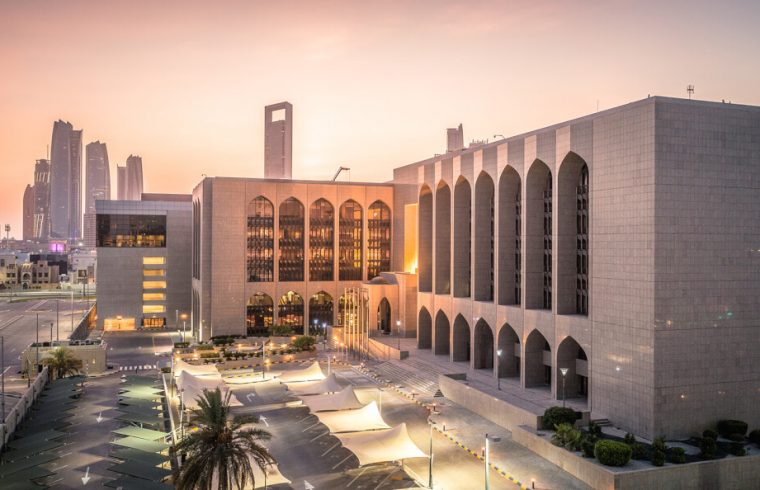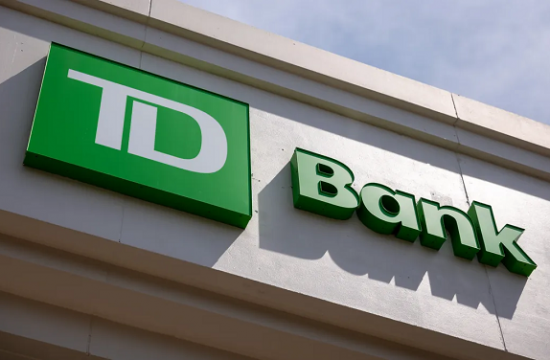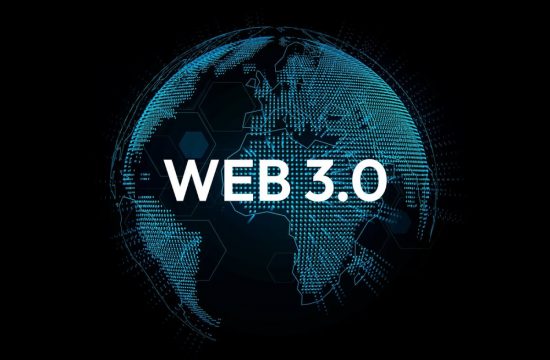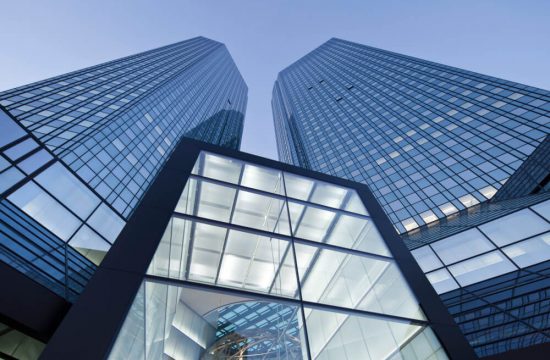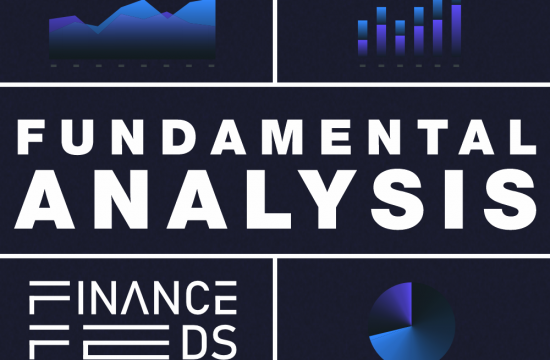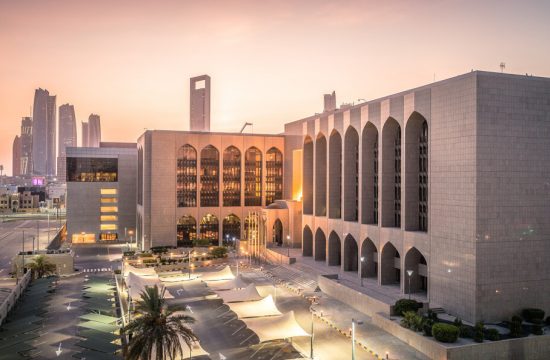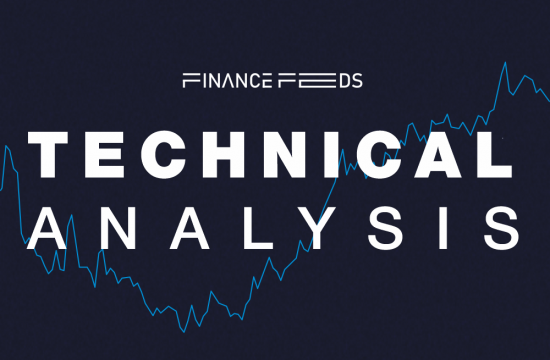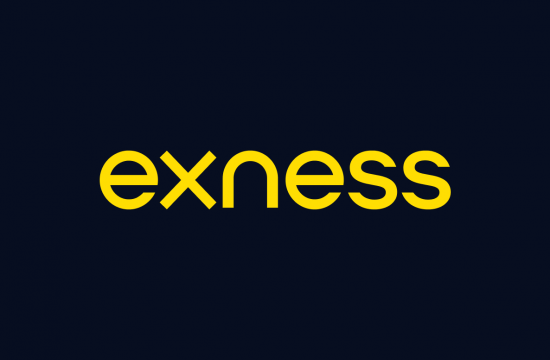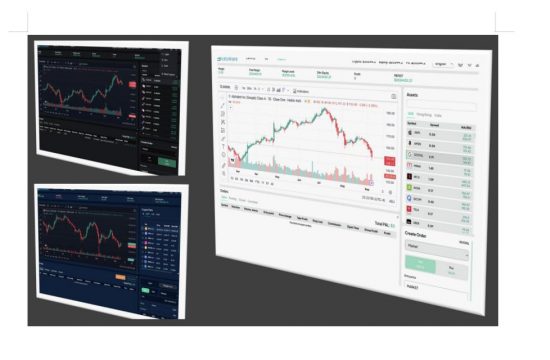The Central Bank of the United Arab Emirates (CBUAE) has given in-principle approval to AED Stablecoin under its Payment Token Service Regulation framework.
The preliminary approval positions AED Stablecoin as a leading contender to become the first issuer of a regulated dirham-pegged stablecoin in the UAE.
The greenlight also comes in response to concerns about potential restrictions on crypto payments, which arose after the CBUAE released its licensing framework. Under these rules, the use of crypto for payments is prohibited unless it involves licensed dirham-pegged tokens.
If fully approved, AED Stablecoin’s AE Coin could be used as a local trading pair for cryptocurrencies on exchanges and decentralized platforms. It could also enable merchants to accept it for goods and services.
The CBUAE’s framework prohibits algorithmic stablecoins and privacy tokens. Issuers of stablecoins must back them fully with cash held in escrow at UAE banks, denominated in dirhams. Alternatively, they can hold 50% of reserves as cash and invest the remaining portion in UAE government bonds and CBUAE Monetary Bills, with an average duration of up to six months.
AED Stablecoin is expected to face competition from Tether, the issuer of USDT, the world’s largest stablecoin by market capitalization. Tether recently announced partnerships with local firms Phoenix Group and Green Acorn Investments to launch its own dirham-pegged stablecoin.
The dirham-pegged stablecoin will join Tether’s existing range of fiat-pegged tokens, including USDT and EURT, further cementing Tether’s position as the largest issuer of stablecoins by market capitalization. Tether, which is owned by Hong Kong-headquartered Ifinex, also provides a breakdown of its reserves, as well as a complete list of reserve custodians.
The UAE’s crypto-friendly regulatory environment has been attracting major players. OKX recently launched a retail and institutional trading platform in the UAE after receiving a full license, including offering derivatives trading for qualified institutional investors. Additionally, crypto exchange M2 has introduced a system that allows residents to directly convert dirhams into Bitcoin (BTC) and Ether (ETH).


